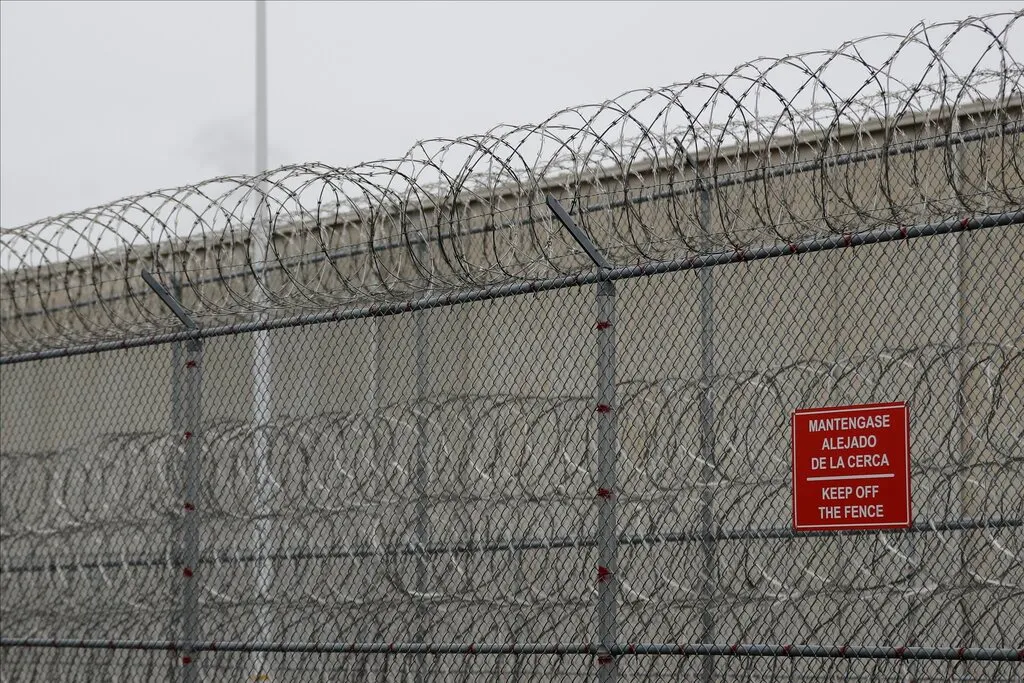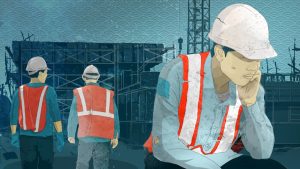In July, U.S. immigration authorities quietly brought back one of their most controversial practices — denying detained migrants the right to seek release on bond.
Under a new ICE guidance, those taken into custody have no right to a bond hearing, even if they have lived in the country for some time.
The Supreme Court has so far declined to intervene in this policy. In 2025, it repeatedly refused to hear appeals challenging the restrictions on bond hearings, effectively leaving the new rules intact without judicial oversight.
What we are seeing is a shift in legal power toward the executive branch, which now has more freedom to set detention rules without oversight.
Until recently, detained migrants had a path to freedom through “bond hearings” — court sessions where they could show they were not a threat and should be released while awaiting their immigration case. This process was grounded in the 2019 case known as Matter of M— S—, whose ruling established bond eligibility for arriving aliens.
The current policy traces back to 2024, when ICE Director Patrick J. Lechleitner issued a memo canceling bond hearings for most people labeled as “arriving aliens.” That order left thousands of asylum seekers in jail for indefinite periods, cut off from the outside world.
Advocacy groups secured temporary court injunctions against the policy, but these were ultimately not sustained, as the Supreme Court declined to hear related appeals in 2025, leaving the restrictions on bond hearings in place.
The Southern U.S. already bears the brunt of the immigration system, with Texas, Arizona, and Louisiana handling more than 60 percent of national detentions. The new rules mean people can now sit in custody for months without movement, while immigration courts drown in a growing backlog and federal budgets face even more strain.
The South is already at the front line of this pressure. But what’s at stake now is more than just immigration — it’s about the limits of government power and the rights of anyone who ends up in the wrong place at the wrong time.
When the system no longer distinguishes between being detained and being convicted, no one is truly safe.






